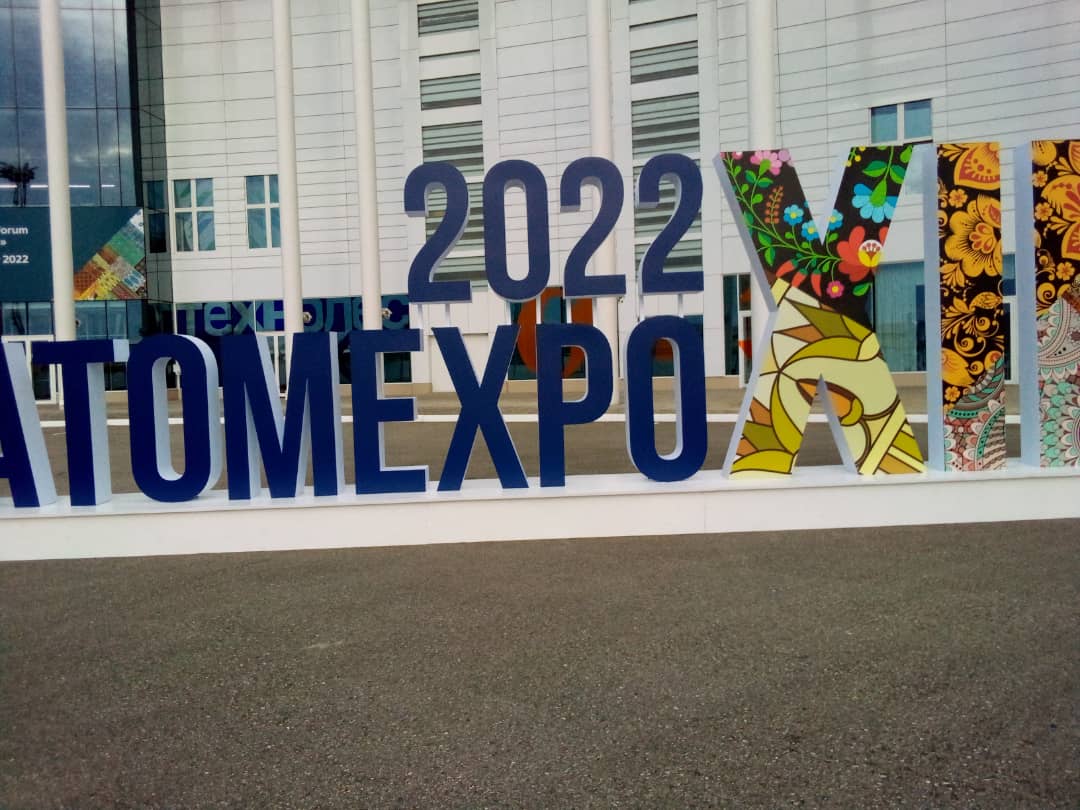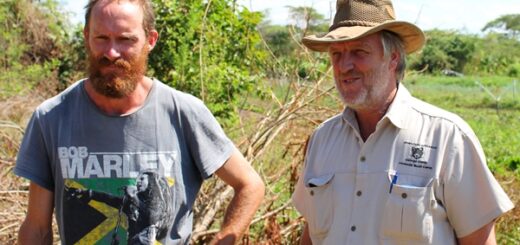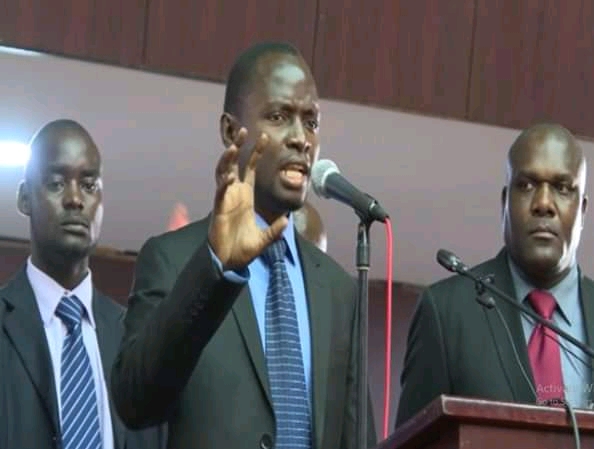The future of “green“ financing for support of the global energy transition was discussed at ATOMEXPO-2022
Notice: Undefined index: catFilterList in /home/zambi/public_html/wp-content/plugins/wp-likes/api.php on line 243

The future of “green“ financing for support of the global energy transition was discussed at ATOMEXPO-2022
AS uncertainty over sources energy for industrialisation on the international market continues, especially in developing world, safer energy like nuclear remains a solution for the future, reports Francis Lungu from Sochi, Russia.
The AtomExpo 2022 Nuclear Spring opened today here with a call for enhanced shift towards nuclear energy which is environmentally friendly, sustainable and cost effective.
For countries like Zambia and other developing regions of the world, nuclear energy production would be an important component to the energy mix.
This is so especially that hydro as the main source of energy is heavily being affected by the ever changing climatic conditions. Climate change has proved to be hitting hard on traditional sources of energy.
During the roundtables at the AtomExpo 2022, an array of experts shared their insights on the importance of nuclear energy to global industrialisation.
The roundtable discussion “Green (Sustainable) Financing for Support of the Global Energy Transition“ arranged with the support of ROSATOM Treasury was held on November, 21, within the framework of the XII International Forum ATOMEXPO-2022 in Sochi. Representatives of the Central Bank of Russia, some major financial institutions of Russia, the Ministry of Energy and Natural Resources of the Republic of Turkey, ROSATOM and DP World took part in the roundtable discussion. Natalia Loginova, Director of the Issuer Management Department of MOEX PJSC, acted as the moderator of the discussion. In a welcoming address she remarked that the sustainable finance market experienced unprecedented growth, including substantial geographic expansion. This increasingly necessitates harmonization of market requirements and development institutions in order to secure access to sustainable financing; at the same time, sharing experience in creating successful models of sustainable financing becomes ever more important. Ilya Rebrov, Deputy Director General of ROSATOM for Economics and Finance, shared his experience in procurement of sustainable financing in order to implement the projects of ROSATOM and its organizations. He stressed the importance of attracting reliable financial institutions for building an effective system of financing activities that conform to the spirit of sustainable development goals. “We consider it important to participate in the development of sustainable (“green”) financing mechanisms in Russia, which, in turn, supports our strategic priorities in the implementation of sustainable (“green”) projects. We aim to maximize the “green” component, which meets sustainable development goals, in our product range. We absolutely consider both wind and nuclear “green” power sources due to miniscule greenhouse gas emissions. We place great value on the fact that end consumers and the market in general also view our work through the lens of sustainable development, and I believe that our products are environmentally friendly and contribute to improving people’s quality of life”, remarked Ilya Rebrov. Afshin Bostancı, Director of the Department of Nuclear Power Engineering and International Projects of the Turkish Ministry of Energy and Natural Resources, dwelled upon the goals of the Republic of Turkey on the way to achievement of carbon neutrality by 2053, and detailed steps taken towards meeting this goal, including development of the national taxonomy for “green” projects and initiatives. The Akkuyu project, the first nuclear power plant being constructed in Turkey by ROSATOM, merited a special mention. It has already become ROSATOM’s flagship project in terms of attracting sustainable financing. Roundtable speakers also included Victoria Stepanenko, Deputy Director of the Corporate Relations Department of the Bank of Russia; Andrey Bayda, Vice-President for Sustainable Development of the Russian Bank for Development and Foreign Economic Affairs; Denis Shulakov, First Vice-President of GPB Bank (JSC); Anton Drozdov, Deputy Chairman of Promsvyazbank PJSC; and Amit Paranjape, Vice-President of DP World for Treasury. The participants presented their organizations’ positions on corporate sustainable development strategies, including the development of responsible financing, and shared opinions on the current state of the ESG agenda in Russia and on vectors of its transformation. In the final part, the speakers discussed the existing obstacles on the path of the “green” financing market development and potential stimulating measures for their elimination. The participants agreed that harmonization of national and international sustainable financing requirements and principles is a priority.























